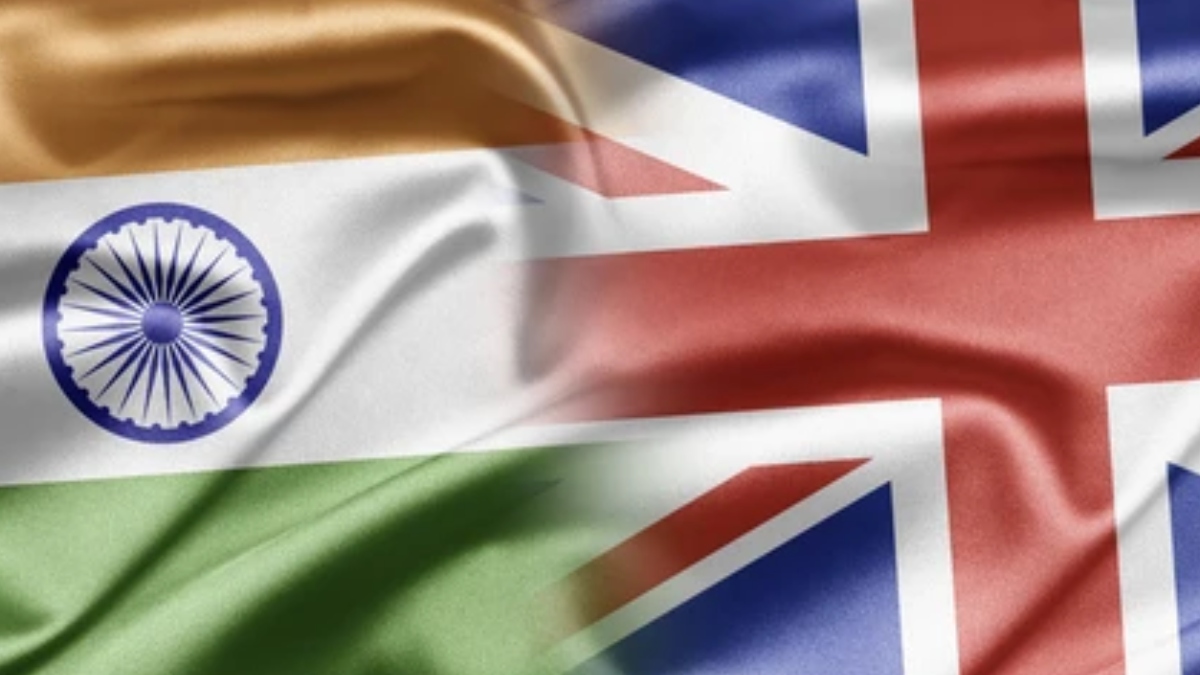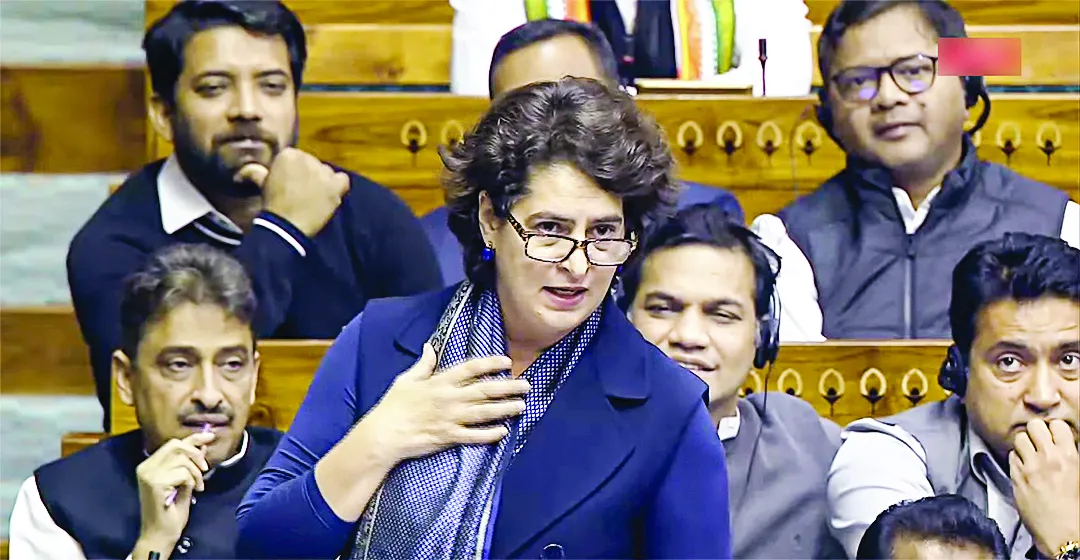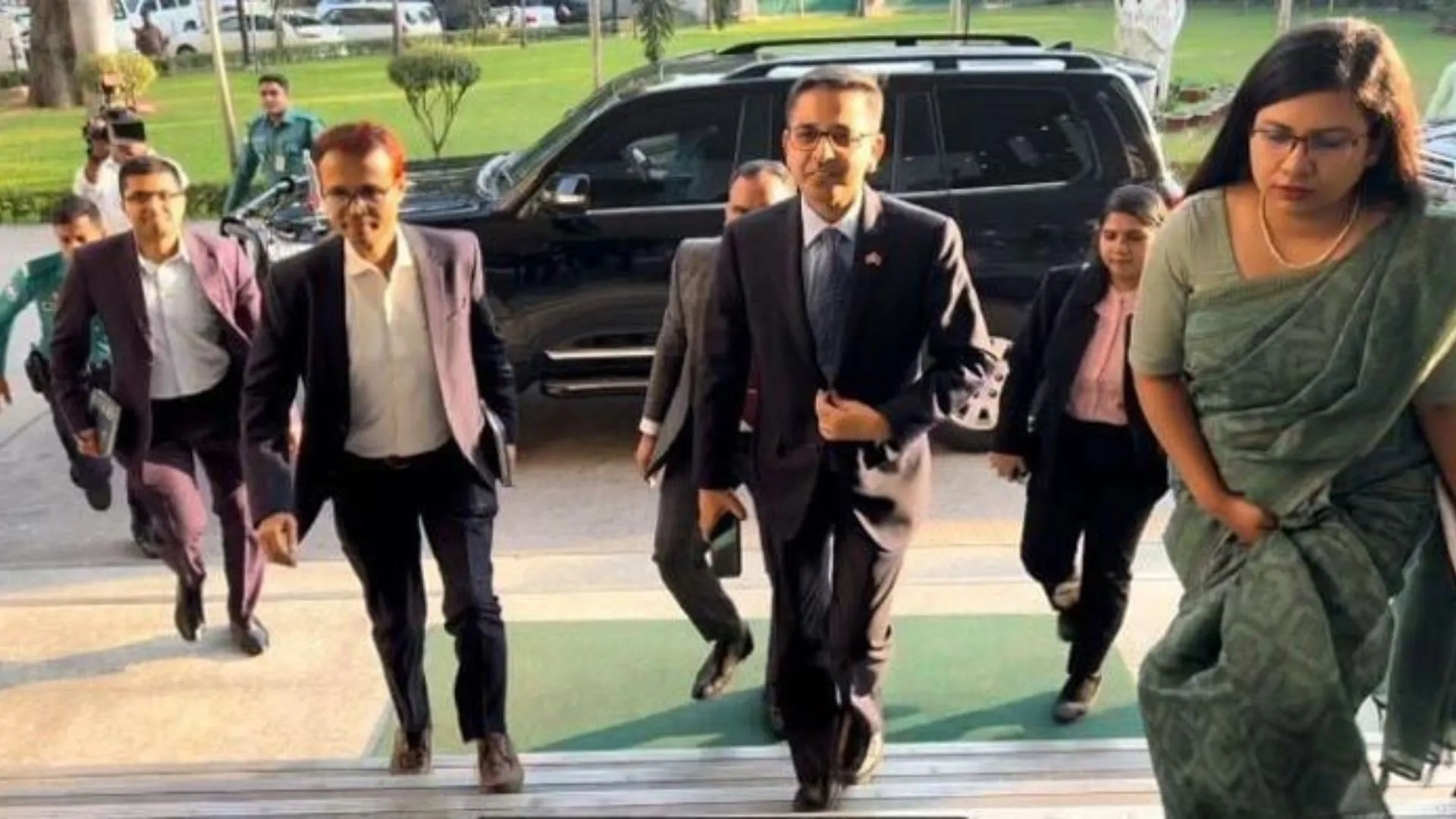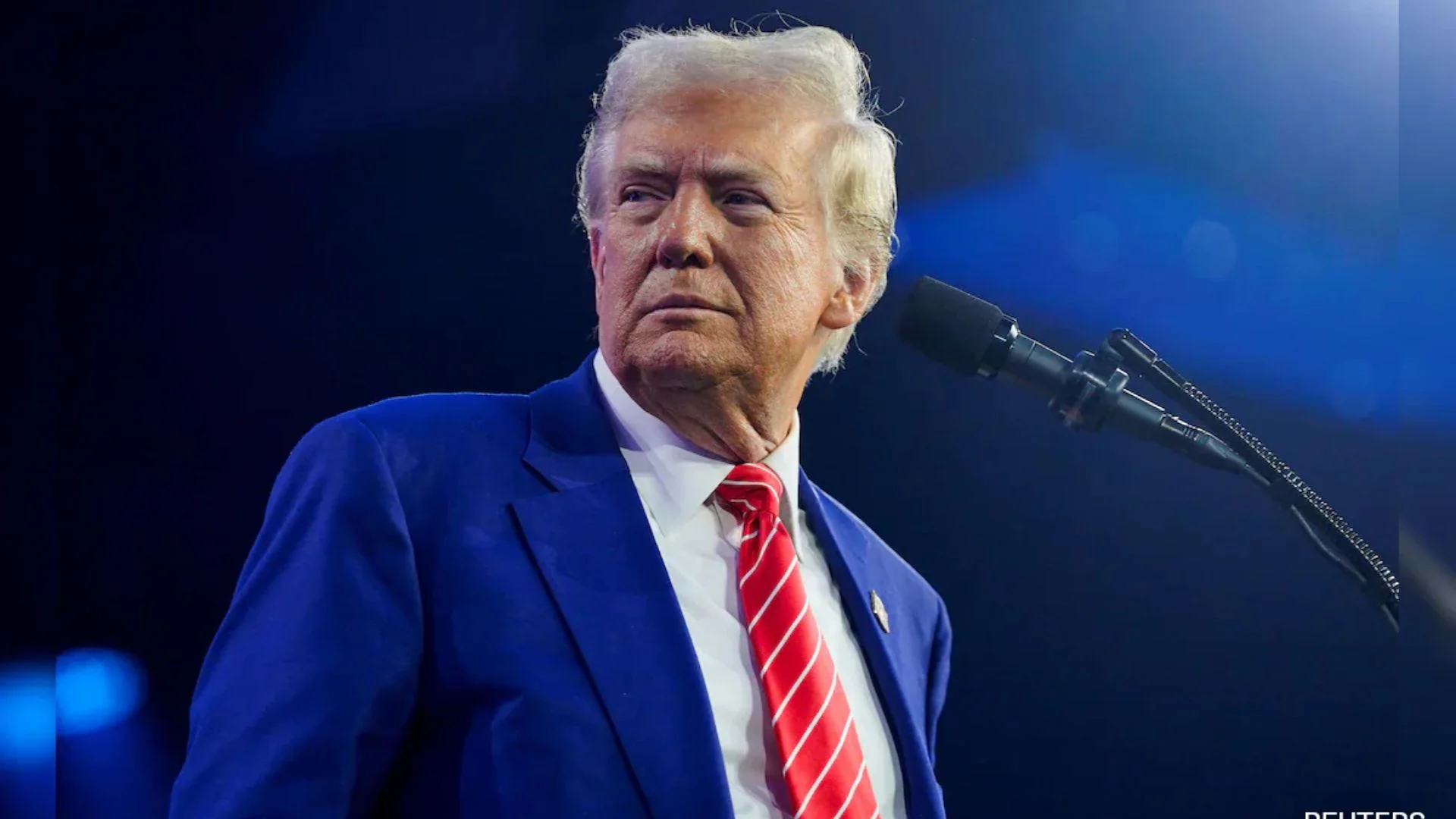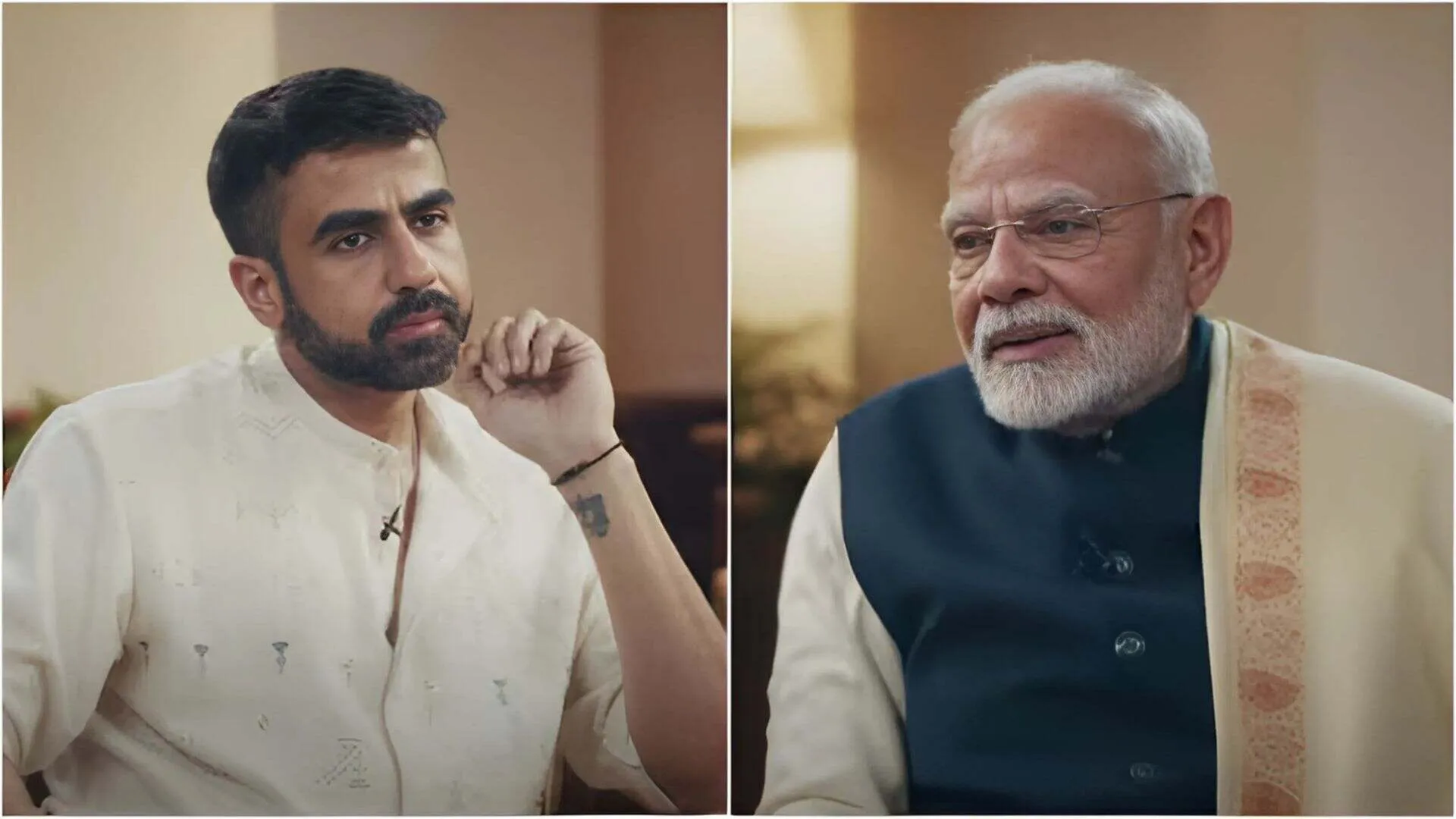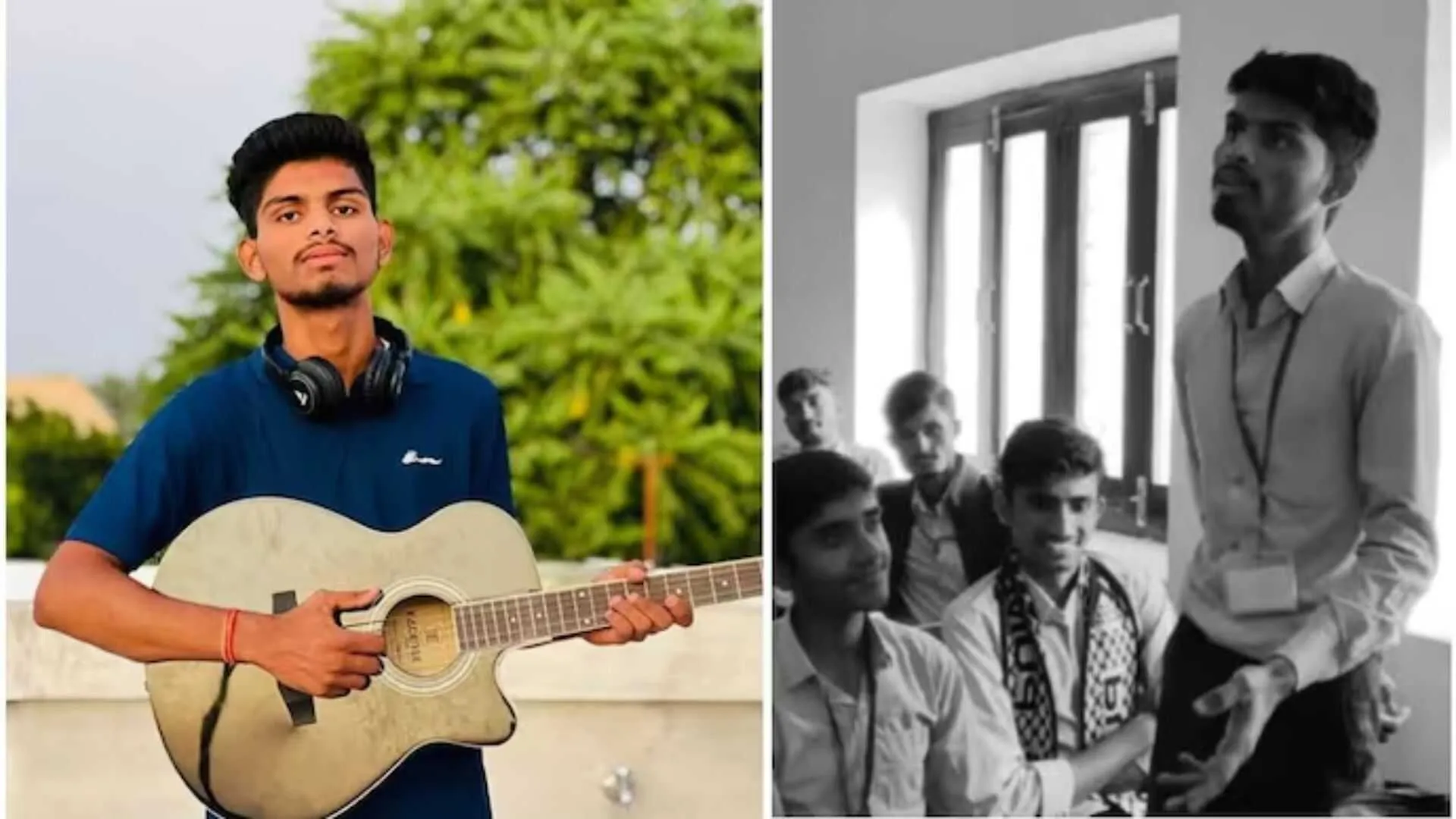It would have been amusing to see the United Kingdom flexing its muscles over allowing entry to fully vaccinated Indians—considered unvaccinated by the UK—but for the price Indian students and others have to pay for taking expensive Covid tests, apart from the inconvenience of quarantining for 10 days. Amusing because it’s a case of a has-been world power, which became rich by siphoning off India’s wealth, and is now trying to stay relevant holding on to the coattails of President Joe Biden—the New Atlantic Charter being a case in point; even AUKUS is more about Australia than about Britain—daring to challenge a rising nation, which is running one of the most successful vaccination programmes in the world. The UK did some damage control on Wednesday after triggering an uproar by not recognising Covishield as a valid vaccine, even though it is the same Oxford AstraZeneca vaccine manufactured with a different name in India. It issued a new travel advisory, recognising the India manufactured vaccine, but with a catch. Indians vaccinated with Covishield are now “less vaccinated—or “unvaccinated”—than nationalities who have been administered the Indian Covishield, and will have to take Covid tests and quarantine after reaching the UK.
The British high commission in India clarified UK’s position by saying, “We are engaging with the Government of India to explore how we could expand UK recognition of vaccine certification to people vaccinated by a relevant public health body in India.” So effectively, the British ended up casting aspersions on India’s vaccination process and the vaccination certificate given by Co-Win. It is not known which “irrelevant” public health body in India is administering vaccines to Indian citizens, for the British to issue a statement like this. Last heard, there was no “relevant public health body” higher than the Ministry of Health and Family Welfare in charge of India’s vaccination programme. Also, apparently unbeknownst to the British, India’s Co-Win certificate is taken as a valid proof of vaccination by most countries, including in the European Union; apart from the fact that several countries are lining up to seek Indian assistance to set up a system similar to Co-Win. One of the most fool-proof systems, Co-Win is QR code based, with layers of security checks and is linked to a person’s Aadhaar and passport numbers. It’s not like the vaccine cards given by the United States that can be tampered with easily. If the UK has a problem with Co-Win, it’s not based on any empirical evidence, but on the UK’s perception about India as a “third world” country. It’s a case of implying that India’s vaccination system is inefficient and corruption ridden, without any proof.
Coming from a country with one of the worst records of handling Covid-19 and a lethargic vaccination drive, this is a bit rich. According to Johns Hopkins Coronavirus Resource Center, UK’s case fatality ratio is 203.18 per 100,000 population, compared to India’s 32.62. UK’s total vaccination is around 9.31 crore till date, compared to India’s 83.27 crore. In other words, there is no comparison. So, the more one looks at it, it appears to be a case of racism and colonial hangover, which is rather ironic given the Indian students UK is planning to fleece in the name of Covid tests are also the ones their universities are wooing by holding education fairs and the like in India.
Also, despite Indian origin people ruling the roost in that country and Indian companies having substantial business interests there, UK media has always peddled a toxic anti-India narrative, which adds to the negative perception about India. This was amplified during India’s second wave, when pure canard was spread about India by the British media to impact public opinion. Some of this found their way into their political debates as well. Hence, one should not be surprised if domestic political considerations too played a part in the decision to quarantine Indians.
In a world where the Indo-Pacific is at the centre of geopolitical gravity, with China being the clear threat, it takes a very generous President Joe Biden of the US to keep the Atlantic alliance (Nato) against Russia alive for the sake of old times. The New Atlantic Charter between the US and UK is a reflection of that make-believe world. The UK may be trying to navigate the waters of the Indo-Pacific as an exercise in great-power projection, but it does not really matter if it is in that region or not. That is a bitter truth, which the UK will have to come to terms with. It has long ceased to be a great power and behaving like a petty bully does not bring back the glory days of the British empire. The Indian government should carry out its threat of taking reciprocal action against the bully.

